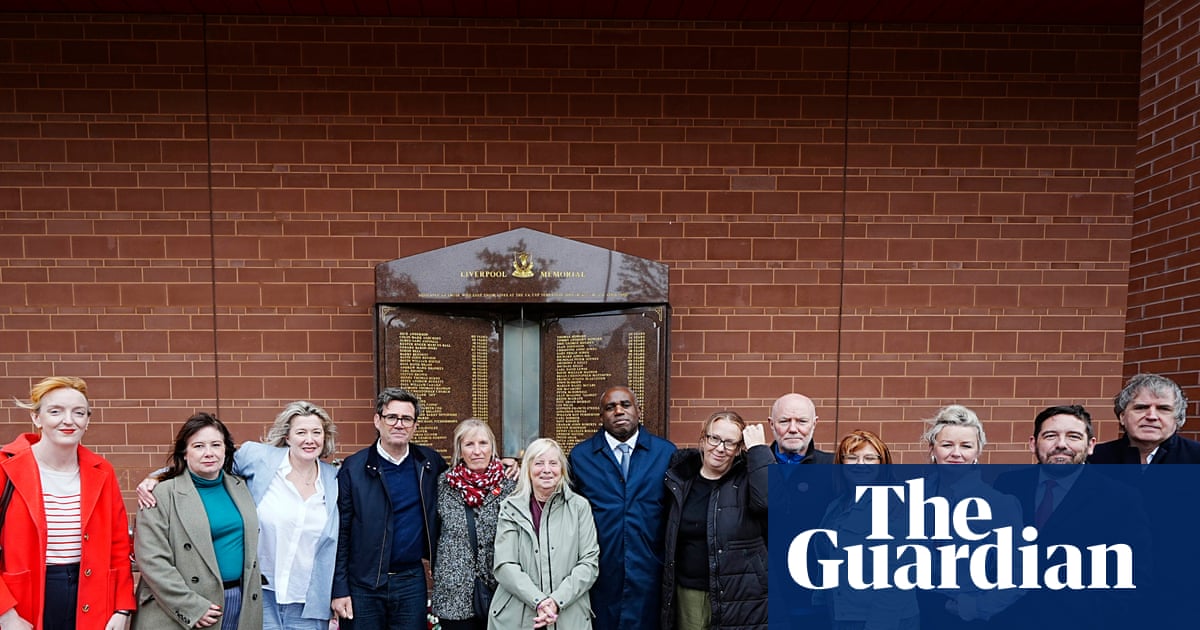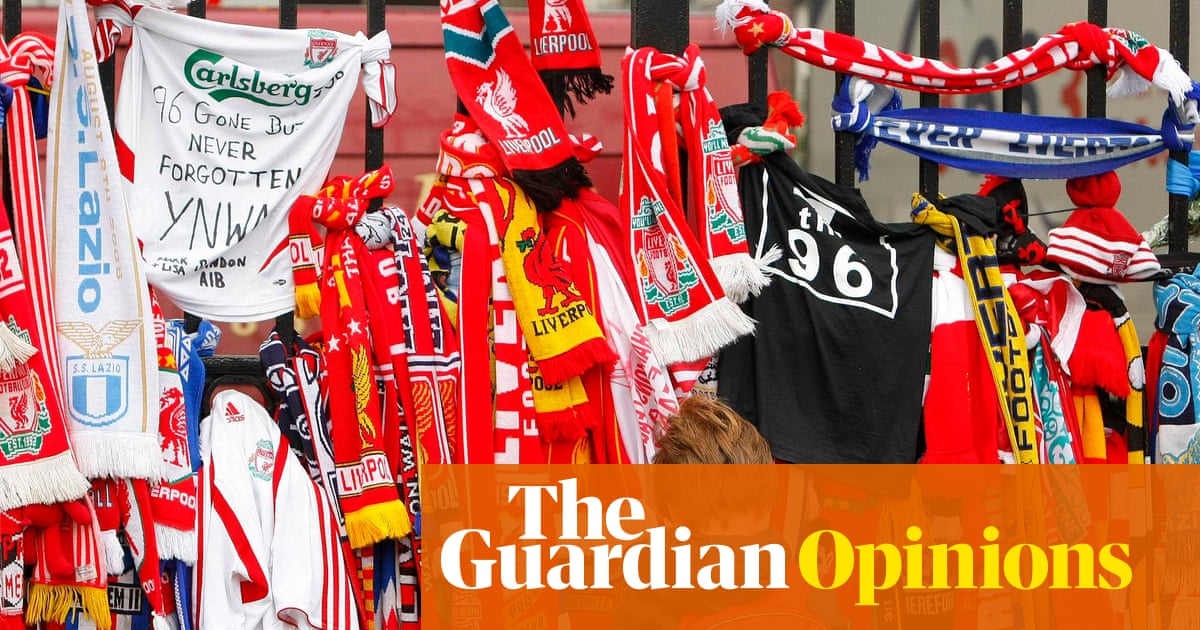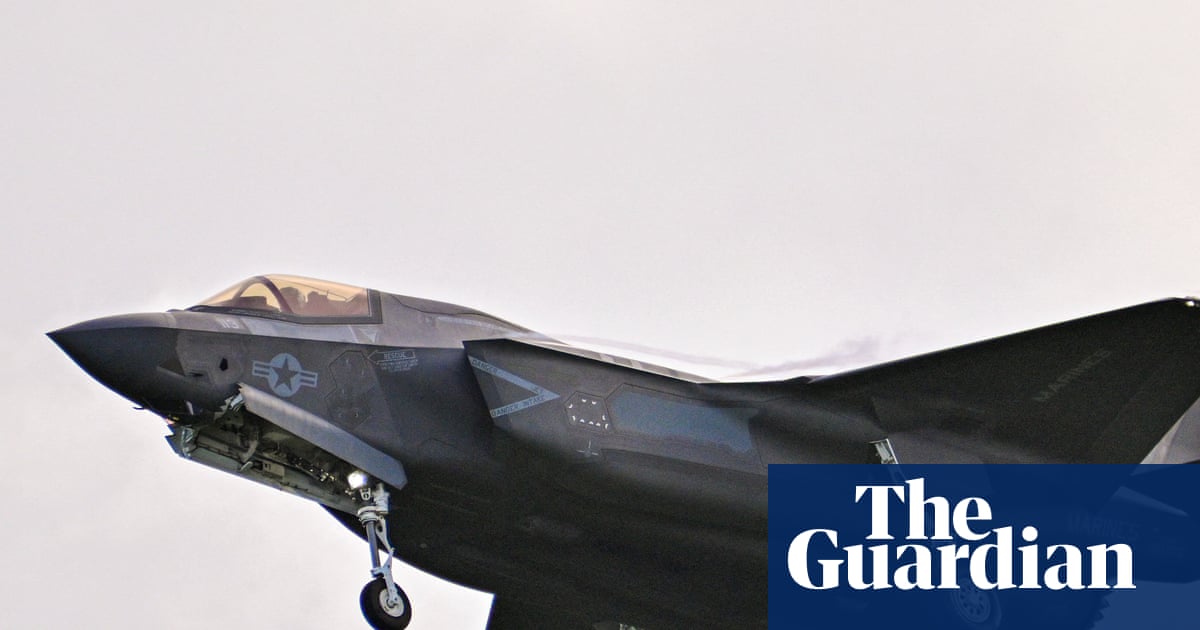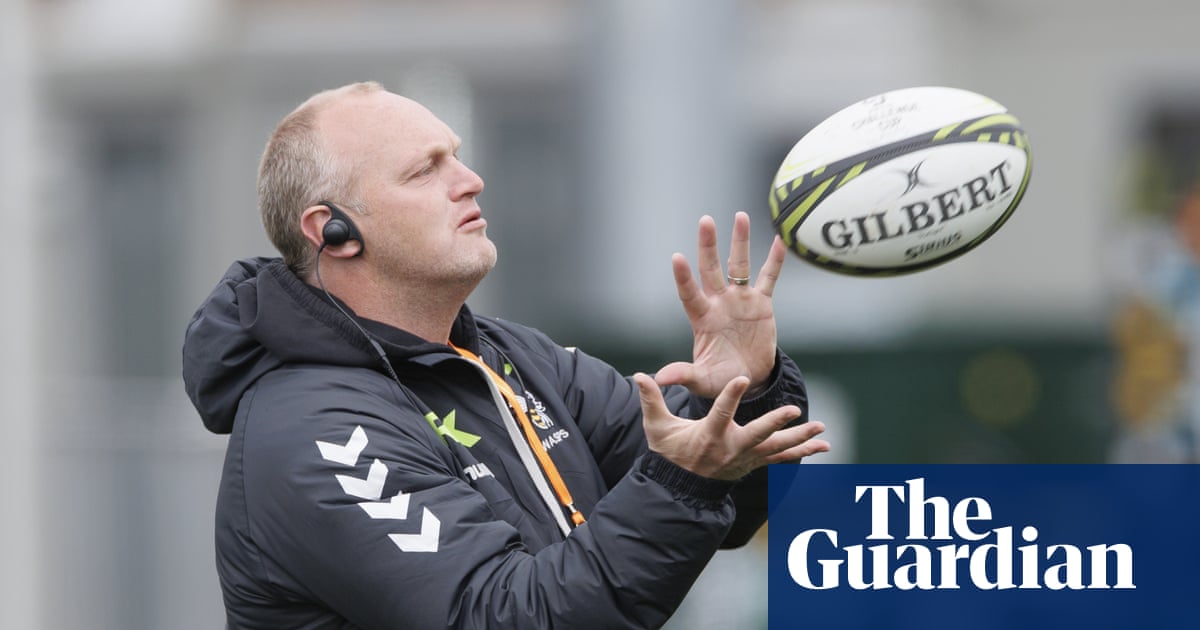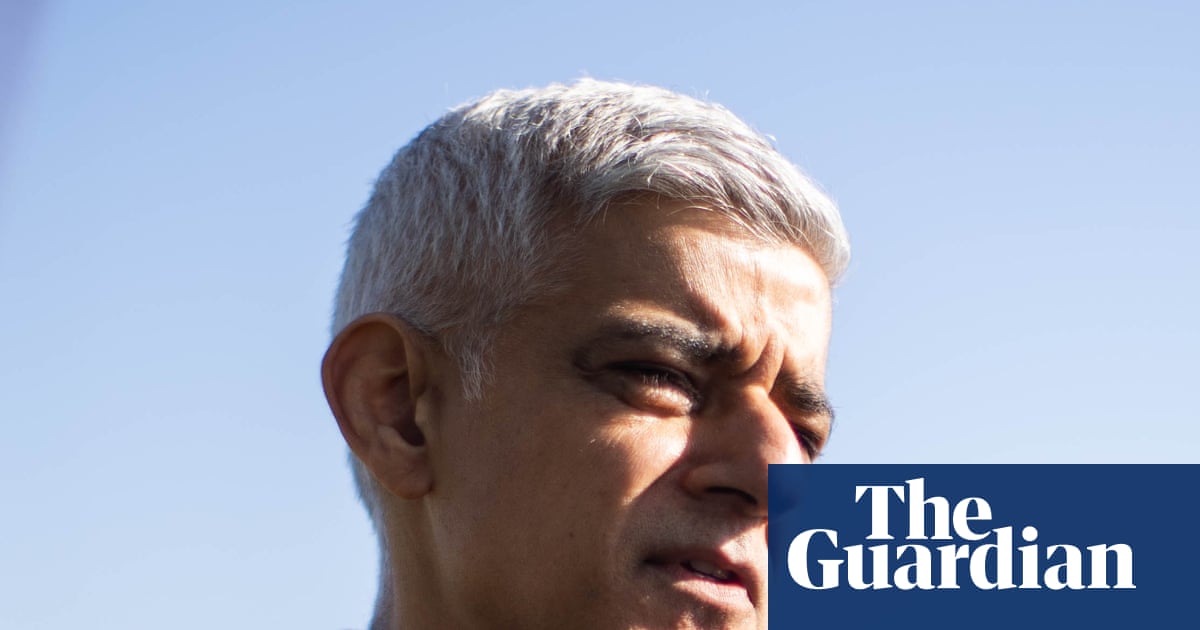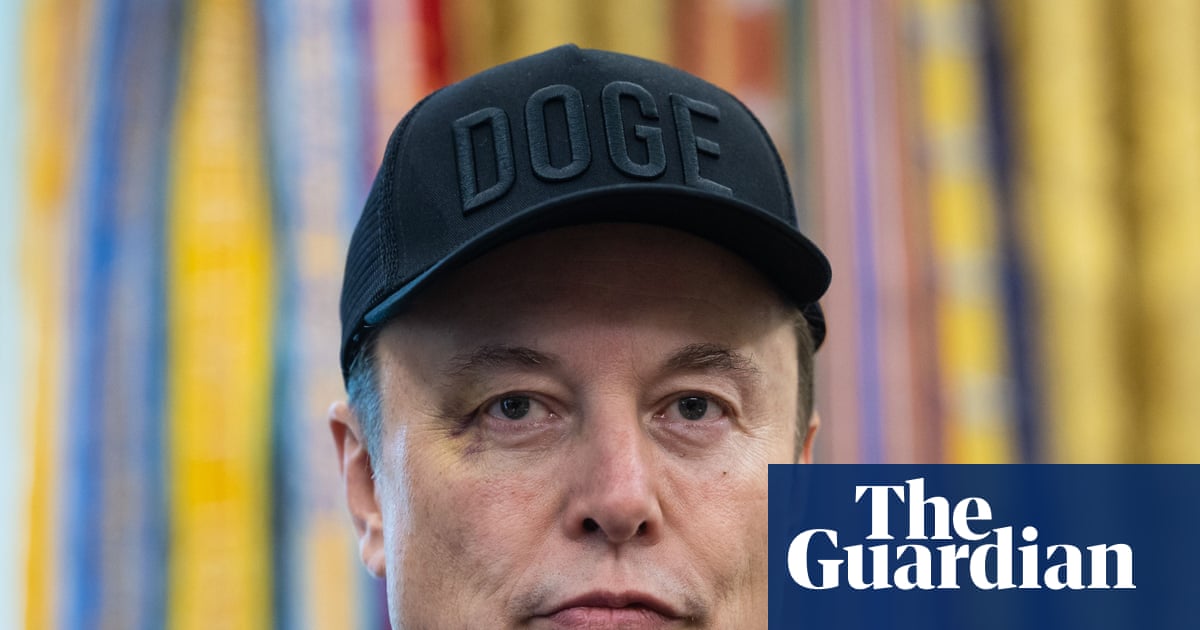Early on in Leo Robson’s debut novel, the narrator, a likable, aimless, rather detached young Londoner named Johnny Voghel, reads “a book of Susan Sontag essays and interviews”. Johnny’s copy of what he later identifies as A Susan Sontag Reader is an heirloom. It has been extensively underlined by his mother, who has just died, and by his estranged half-brother Lawrence. Johnny wonders if reading Sontag, or his family’s other heavily annotated books, will “unlock a secret or hint at one, offer a glimpse of their dreams or invite them into mine”.
A Susan Sontag Reader includes Sontag’s 1968 defence of Jean-Luc Godard, the great modernist and Marxist provocateur of French New Wave cinema. If Johnny, in search of family connection, happened to read that essay, he would encounter a paragraph that rather neatly describes the novel that he is in the process of narrating. Godard’s films, Sontag writes, “show an interrelated group of fictional characters located in a recognisable, consistent environment: in his case, usually contemporary and urban”. But “while the sequence of events in a Godard film suggests a fully articulated story, it doesn’t add up to one […] actions are often opaque, and fail to issue into consequences”.
There is almost always a kind of ulterior quality to the debut novel of a very good critic, stemming perhaps from a willed suppression of all that the critic knows about novels – how they can go wrong, how they must go right. And a very good critic is what Leo Robson is. For years he has been publishing long, formidably intelligent essays and reviews in venues including the New Statesman, the New Yorker and the London Review of Books. He is one of a handful of working critics worth reading not merely for the rigour of his arguments but for the pleasures of his unfailingly witty prose. He is a great articulator of minority opinions, having dared, among recent sallies, to defend the unfashionable oeuvre of Joyce Carol Oates, diss the films of Pedro Almodóvar, and express deep scepticism about Paul Murray’s widely beloved The Bee Sting.
With such a reputation, the actual production of a first novel could be construed as either reckless or brave. And the fact that The Boys more or less begins with its narrator reading Susan Sontag might perhaps ring alarm bells, not least because Sontag herself, a superb critic, wasn’t much cop as a novelist. But one of the interesting things about The Boys is the way in which it both invites and refuses a “literary” or “critical” reading. As in Sontag’s account of Godard’s films, The Boys goes to some trouble to avoid being obviously “novelistic”. It has no clanging symbols or coy thematic statements. Scenes and even sentences appear ready to lurch toward event, toward meaning, only to collapse abruptly into a bemusing bathos. It is a pottering-about sort of book. It delivers great pleasure, actually, at the level of humble perception, of anticlimax.
It does indeed remind you of a French New Wave film – not one of Godard’s spiky assaults on bourgeois complacency, but perhaps something gentler by François Truffaut (who is not mentioned) or Eric Rohmer (who is). Setting and period are hyperspecific: certain parts of London, in and around Swiss Cottage, during the 2012 Olympics. (In some ways it’s a London-geography novel, a tube-nerd’s dream.) The narrator, Johnny, seems to be looking for love – but is he? He has a girlfriend, whom we barely meet, named Chloe. He muses on the history of his family, Viennese Jews who fled to London during the second world war. His older half-brother, Lawrence, is the book’s magnetic core: half hooligan, half intellectual, passionate about city planning and social care. Around Lawrence’s charismatic instability, the Voghel family revolve and reshuffle their priorities.
A plot, sort of: Johnny and Lawrence repair their estrangement; Lawrence’s teenage son Jasper is having a baby with his girlfriend LouLou; Johnny, in trying to find Lawrence a job, discovers himself, in the novel’s longest section, deeply attracted to two young postgrad students at the university where he works as an administrator, Harvey (male) and Rory (female). This is a bit Jules et Jim, except that it doesn’t quite go anywhere. Instead, Robson lets us hang out with his characters until we find ourselves thinking of them as real people.
The Boys, in its prose and in its structure, is almost entirely made up of odd kinks of specificity – as are we all, of course, and as is the world. Hardly bothering with the conventions of “the novel”, it nonetheless – or perhaps I mean therefore – creates a mood that is less like fiction and more like life. It is a rather luminous, eccentric and memorable book.
after newsletter promotion

.png) 3 months ago
77
3 months ago
77
